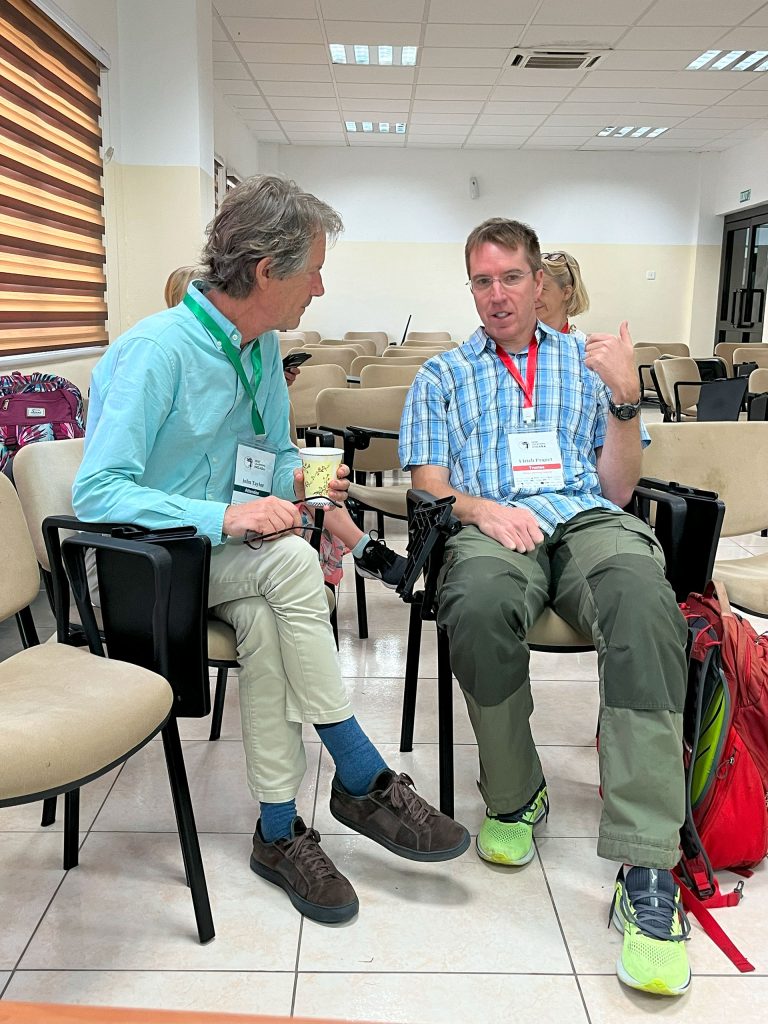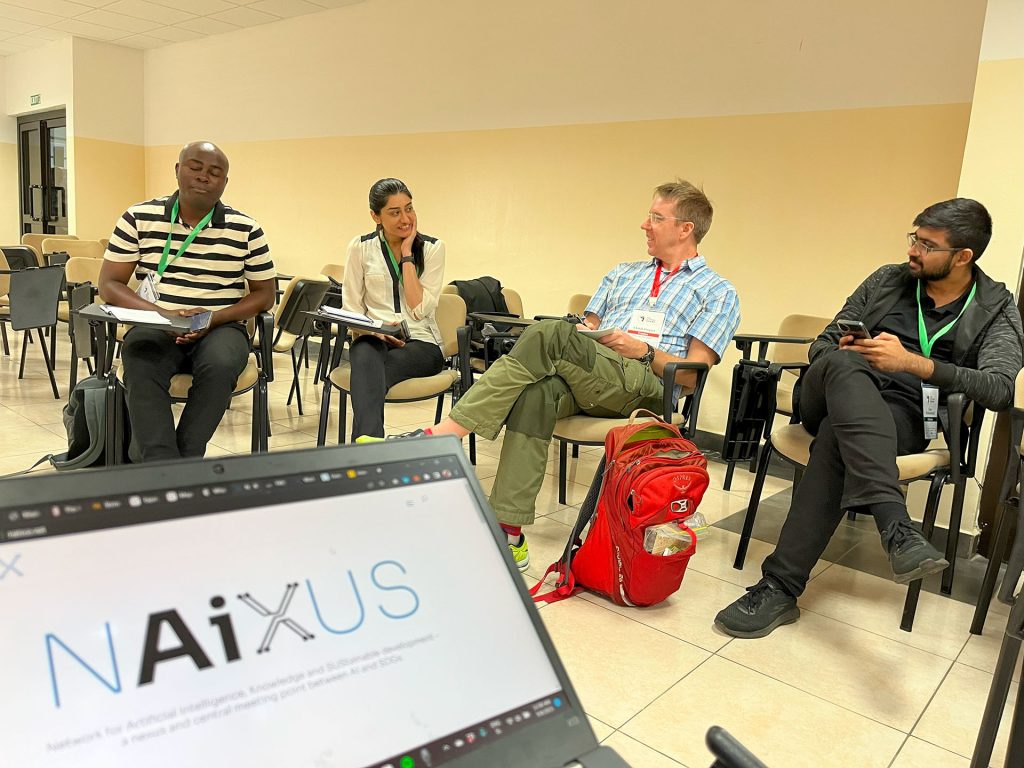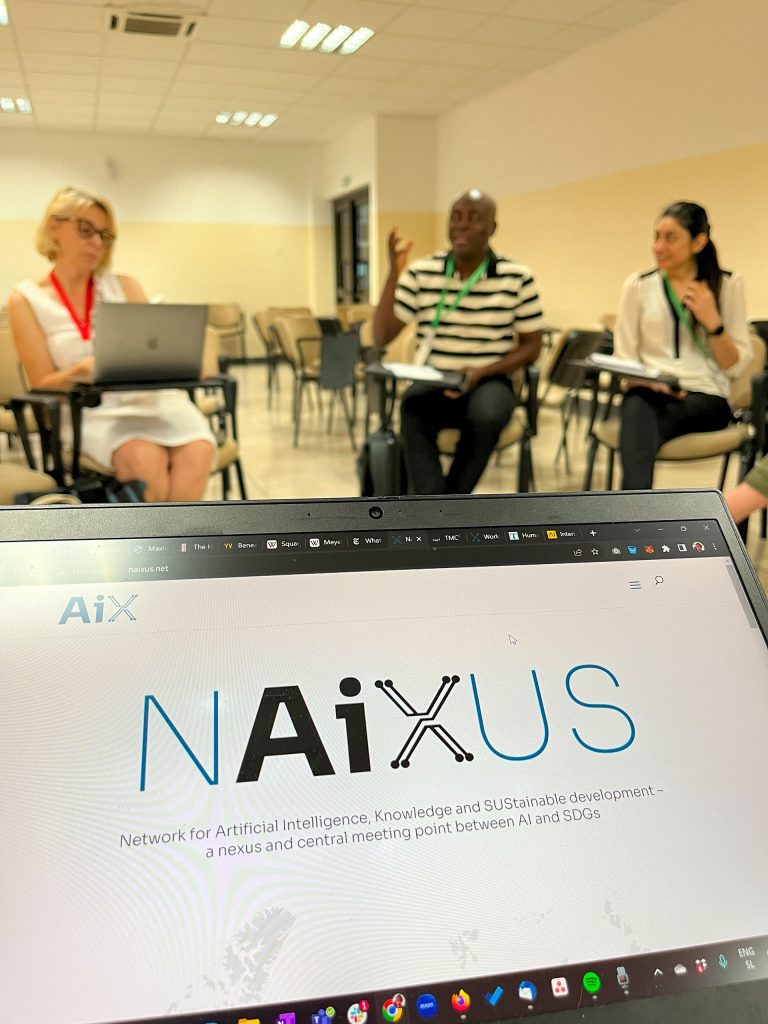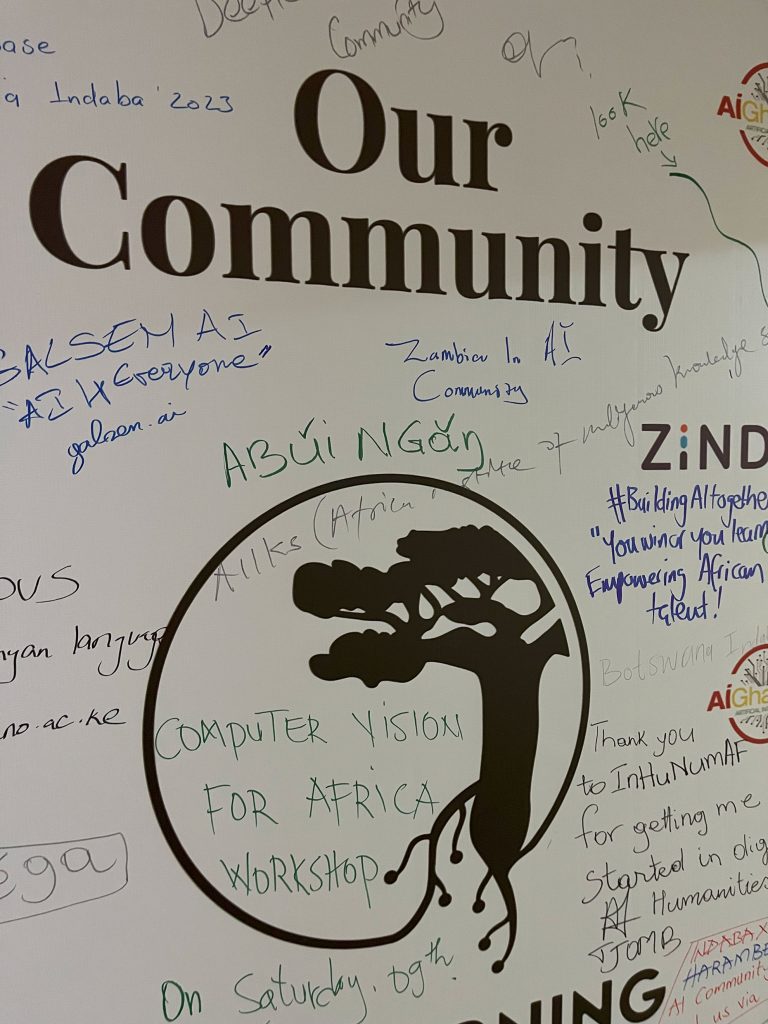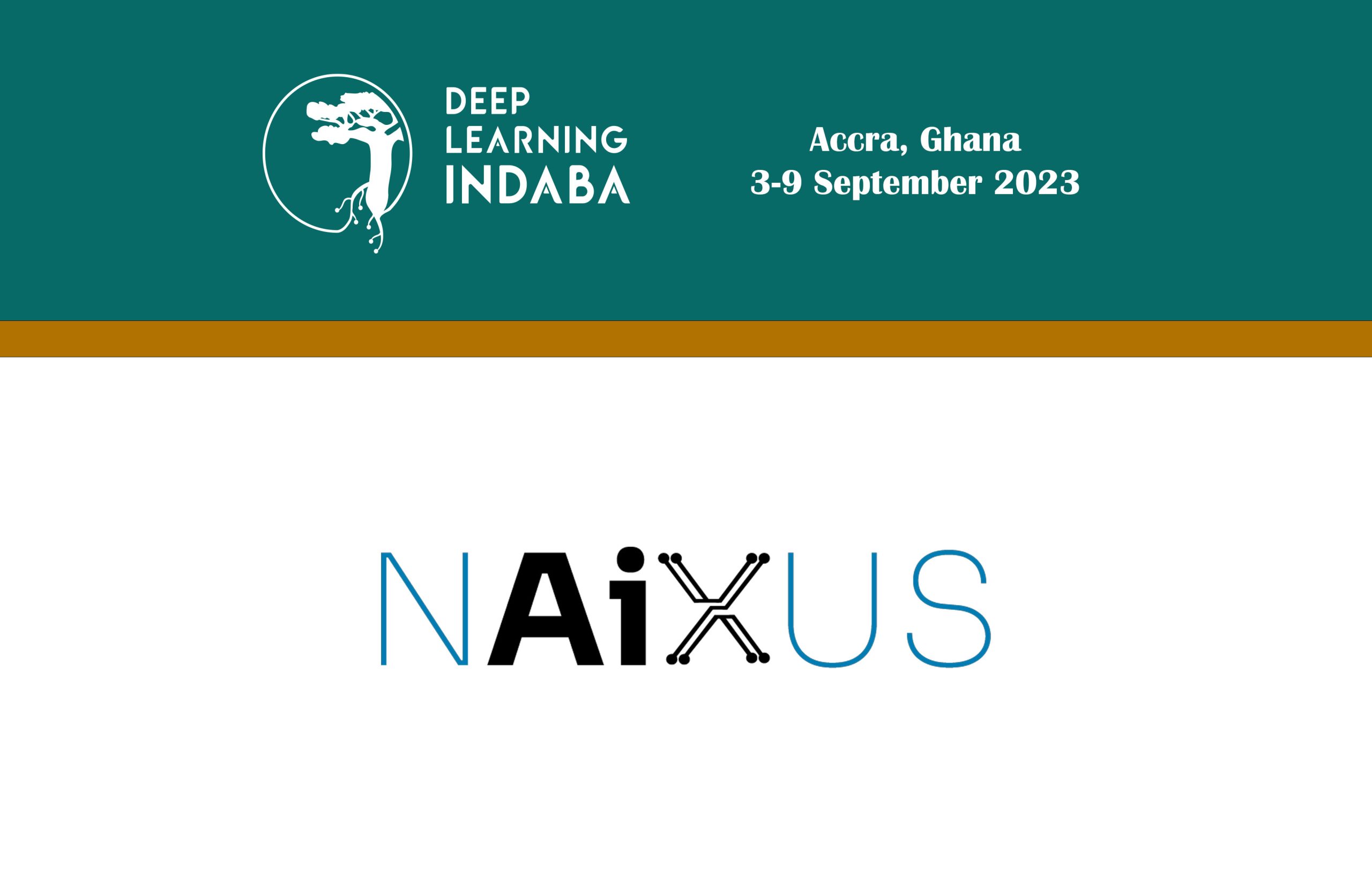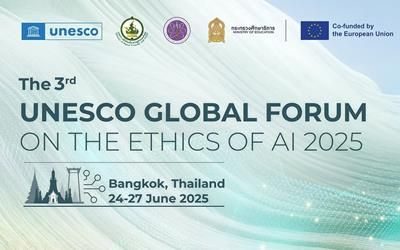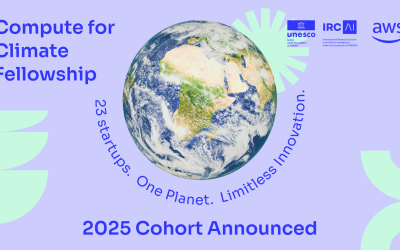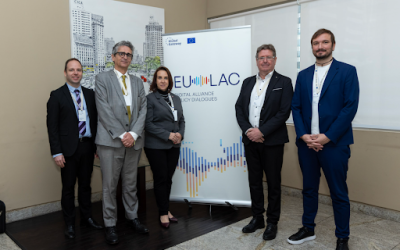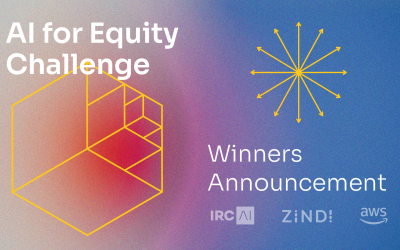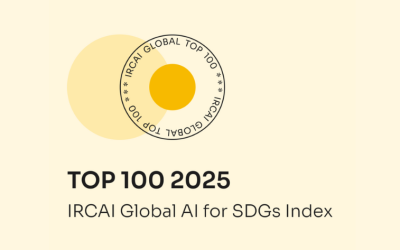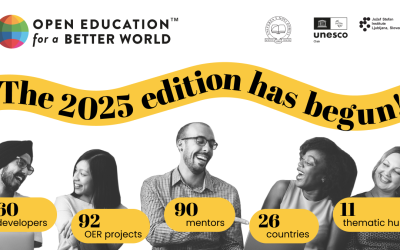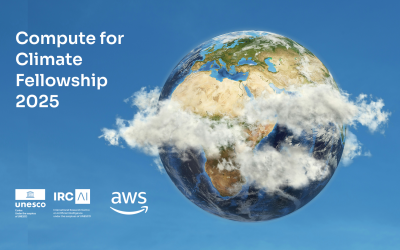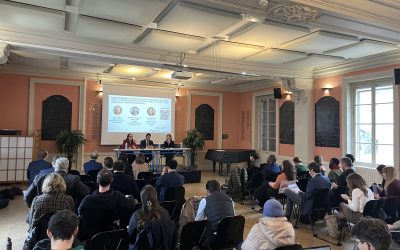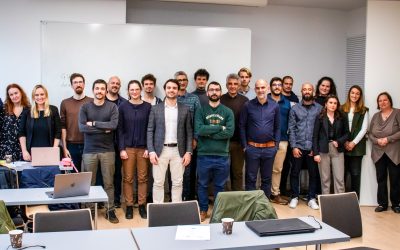The NAIXUS project (Network of AI Researchers on AI and the United Nations SDGs) convened a significant meeting during the Deep Learning Indaba 2023. The purpose of this meeting was to discuss the progress of the project, share insights, and plan future actions to strengthen the network’s impact on advancing the United Nations Sustainable Development Goals (SDGs) through artificial intelligence (AI) research.
The NAIXUS project meeting at Deep Learning Indaba 2023 was a productive and collaborative gathering of AI researchers committed to addressing the United Nations SDGs through responsible and ethical AI research. The outcomes of the meeting, including continued collaboration, research publication, advocacy efforts, and data accessibility initiatives, will contribute significantly to the project’s mission and its impact on global sustainable development efforts. The project remains dedicated to fostering a global network of researchers working together to harness the power of AI for the betterment of society and the achievement of the SDGs.
Key Discussion Points:
- Project Overview: The meeting began with an overview of the NAIXUS project’s objectives and milestones achieved since its inception. The project aims to connect AI researchers worldwide to collaborate on SDG-related research, advocate for ethical AI practices, and contribute to policy discussions.
- Membership and Collaboration: Members discussed the growth of the NAIXUS network and the importance of expanding its reach to include researchers from diverse geographical regions and fields of expertise. Participants emphasized the need for cross-disciplinary collaboration to address complex sustainability challenges effectively.
- Research Focus Areas: The meeting highlighted the key research focus areas within the project, including healthcare, climate action, poverty reduction, and education. Members presented their ongoing research projects related to these themes and shared preliminary findings.
- Data Accessibility: Data accessibility emerged as a critical topic of discussion. Members discussed strategies for promoting open data sharing, building partnerships with organizations possessing relevant data sets, and ensuring data privacy and security in AI research.
- Policy and Advocacy: The NAIXUS project’s advocacy efforts were discussed, including engagement with policymakers and international organizations. Members shared success stories and outlined plans for future advocacy initiatives to influence AI policy in alignment with the SDGs.
- Ethical AI Guidelines: The meeting acknowledged the importance of ethical considerations in AI research. A working group was established to draft a set of ethical guidelines for AI researchers working on SDG-related projects, with a commitment to responsible AI development.
Outcomes and Next Steps:
- Continued Collaboration: Members committed to strengthening collaboration within the NAIXUS network. Plans were made to organize webinars, workshops, and virtual conferences to facilitate knowledge exchange and foster partnerships.
- Research Publication: The network emphasized the significance of publishing research findings in reputable journals and conferences to contribute to the academic discourse on AI for SDGs. Members pledged to submit their work to relevant outlets.
- Academic Journal: Plans were discussed to finalise and launch a centralized repository accessible to researchers working on SDG projects. This resource will help address the academic excellence in the field of machine learning nad development.
- Advocacy Campaign: A dedicated advocacy campaign was proposed to engage with policymakers and raise awareness about the role of AI in advancing the SDGs. Members will work together to create policy briefs and position papers.
